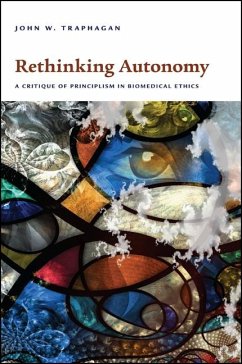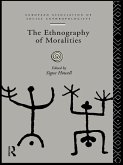This groundbreaking book offers a critical examination of the concept of autonomy, one with major implications for biomedical ethics. Working from the perspectives of ethnography and medical anthropology, John W. Traphagan argues that the notion of autonomy as a foundational principle of a common morality, the view dominant in North America, is inadequate as a universal moral category because culture deeply influences how people think about autonomy and the fundamental nature of being human. Drawing from fieldwork in Japan, Traphagan reveals a notably different sensibility, demonstrating how Japanese moral concepts and actions are based upon a deep awareness of the social embeddedness of people and an aesthetic sensitivity that emphasizes context and situation over universality in making moral evaluations of behavior. Traphagan develops data from Japan into a critical examination of how scholarly research in biomedical ethics, and ethics more generally, is conducted in North America. Arguing in a vein related to the emerging area of naturalized biomedical ethics, Traphagan proposes the creation of an empirically grounded study of moral behavior.
Dieser Download kann aus rechtlichen Gründen nur mit Rechnungsadresse in A, D ausgeliefert werden.









